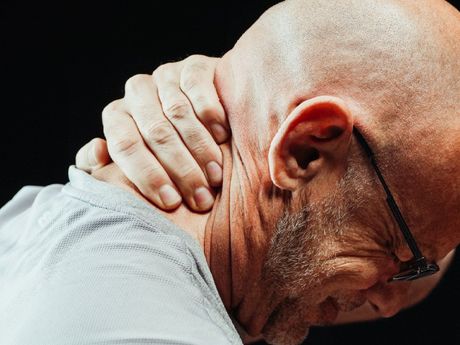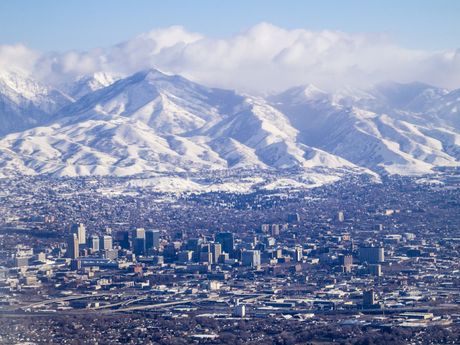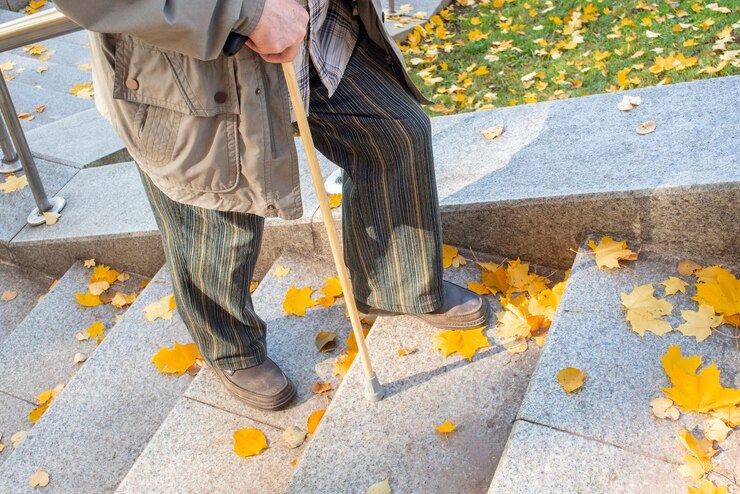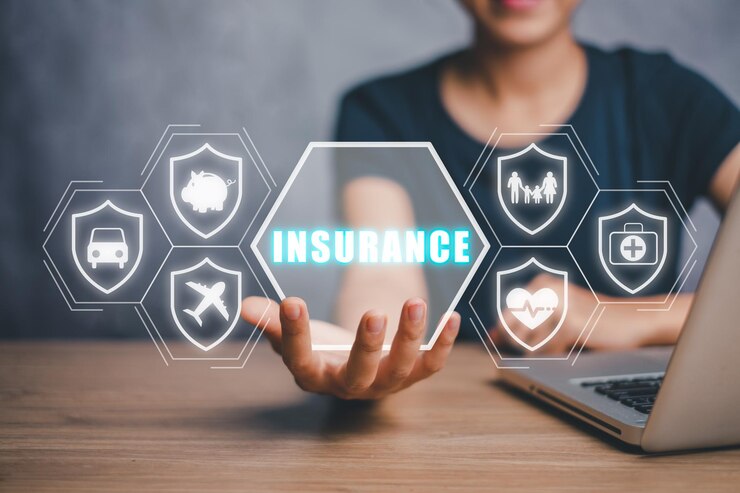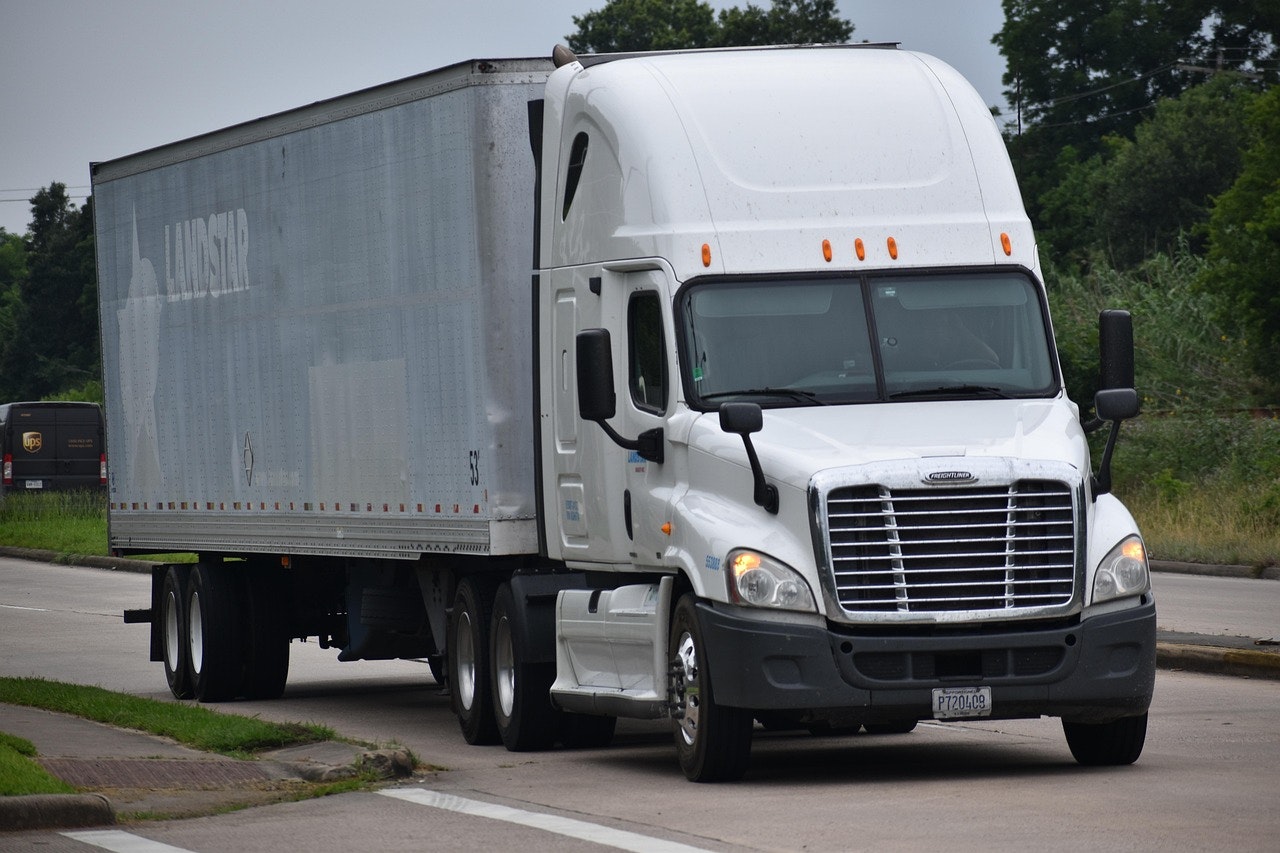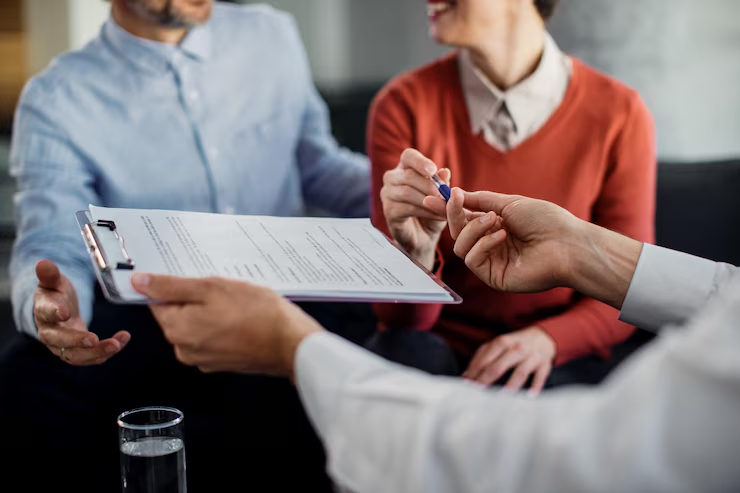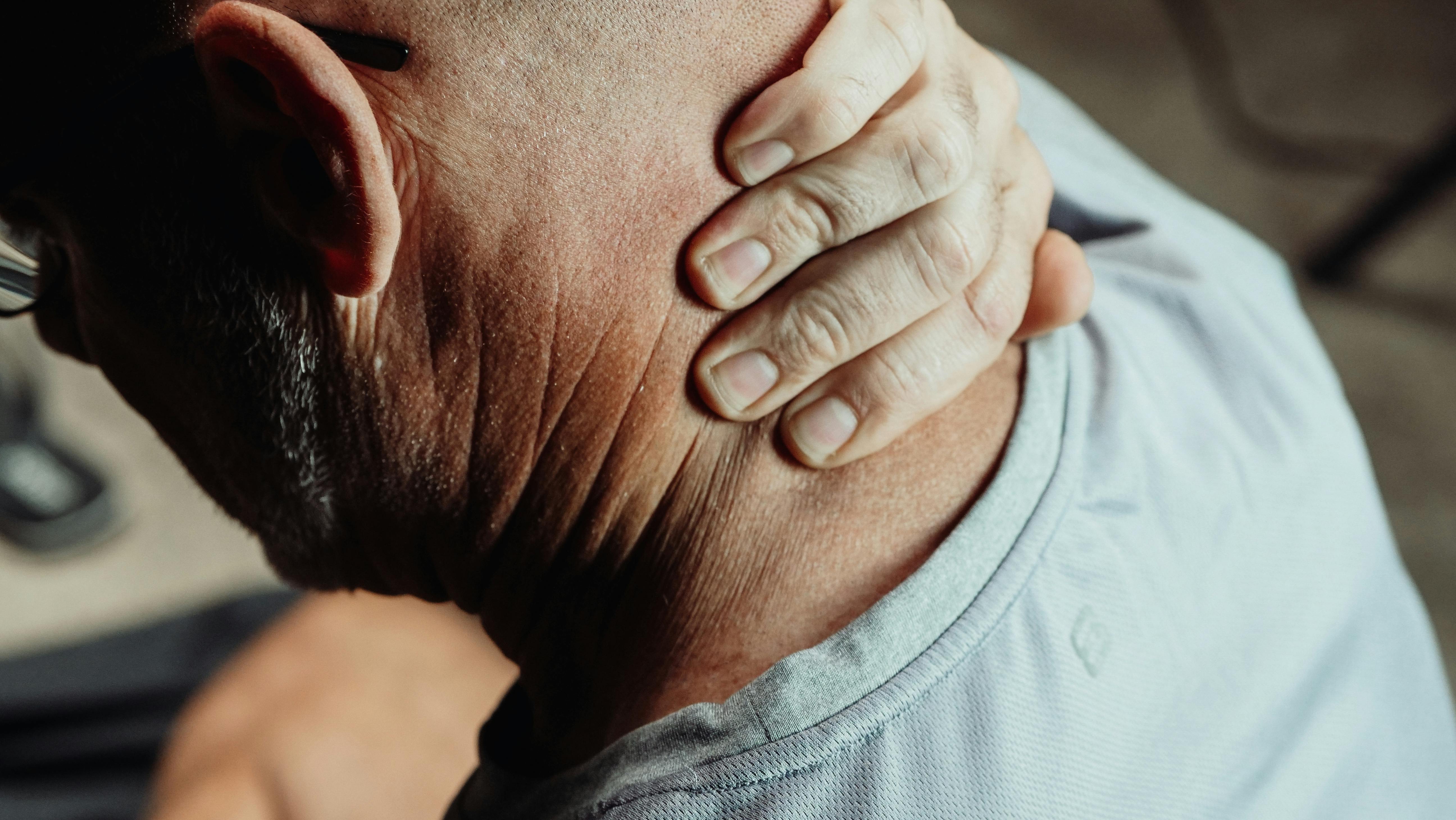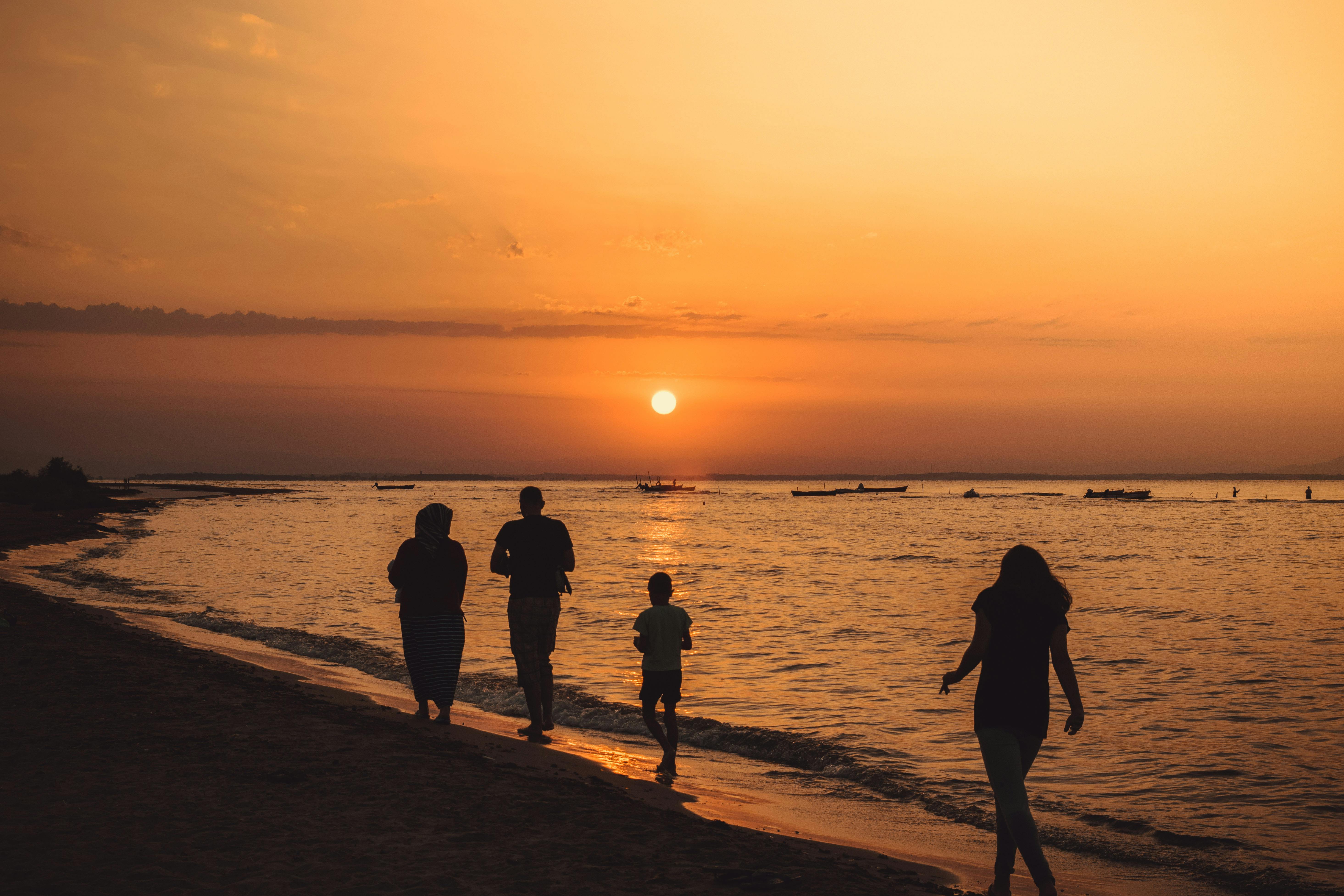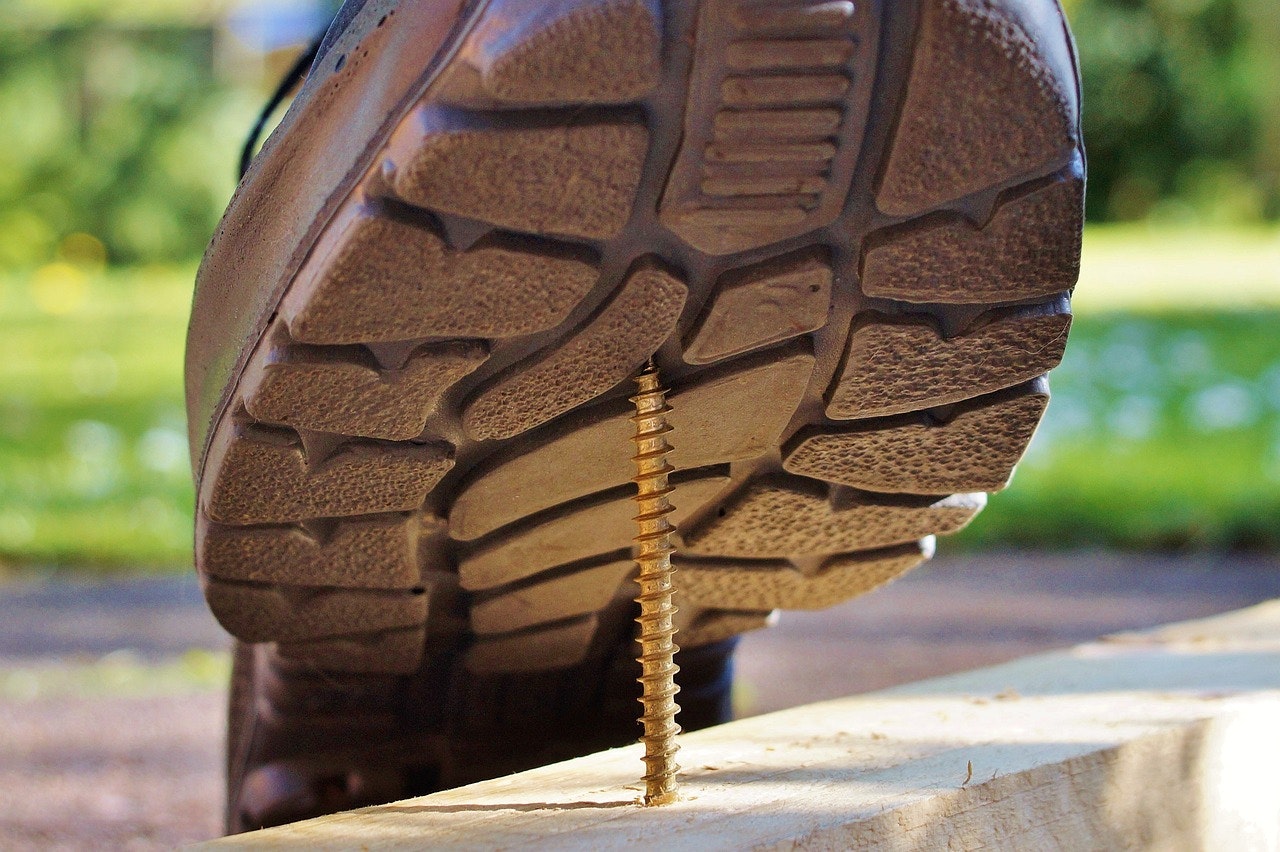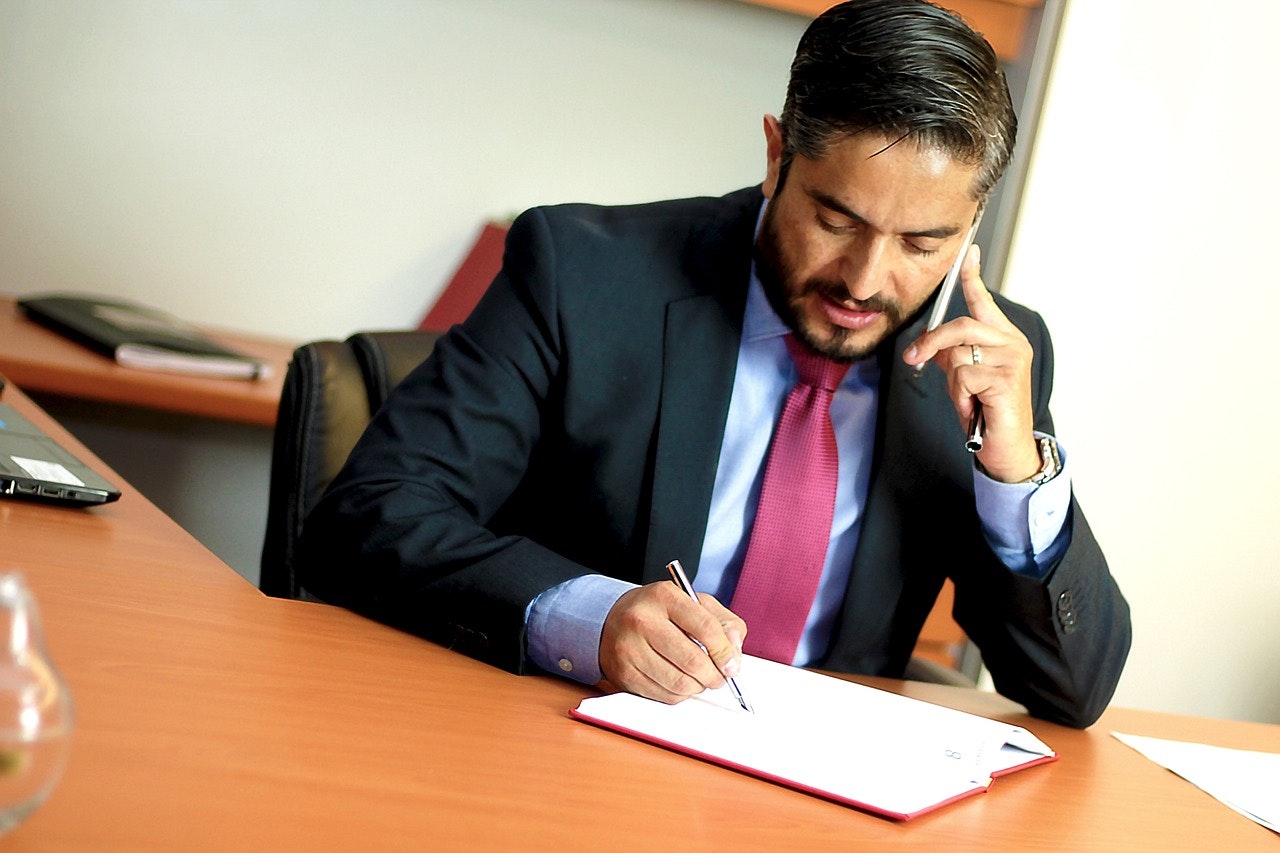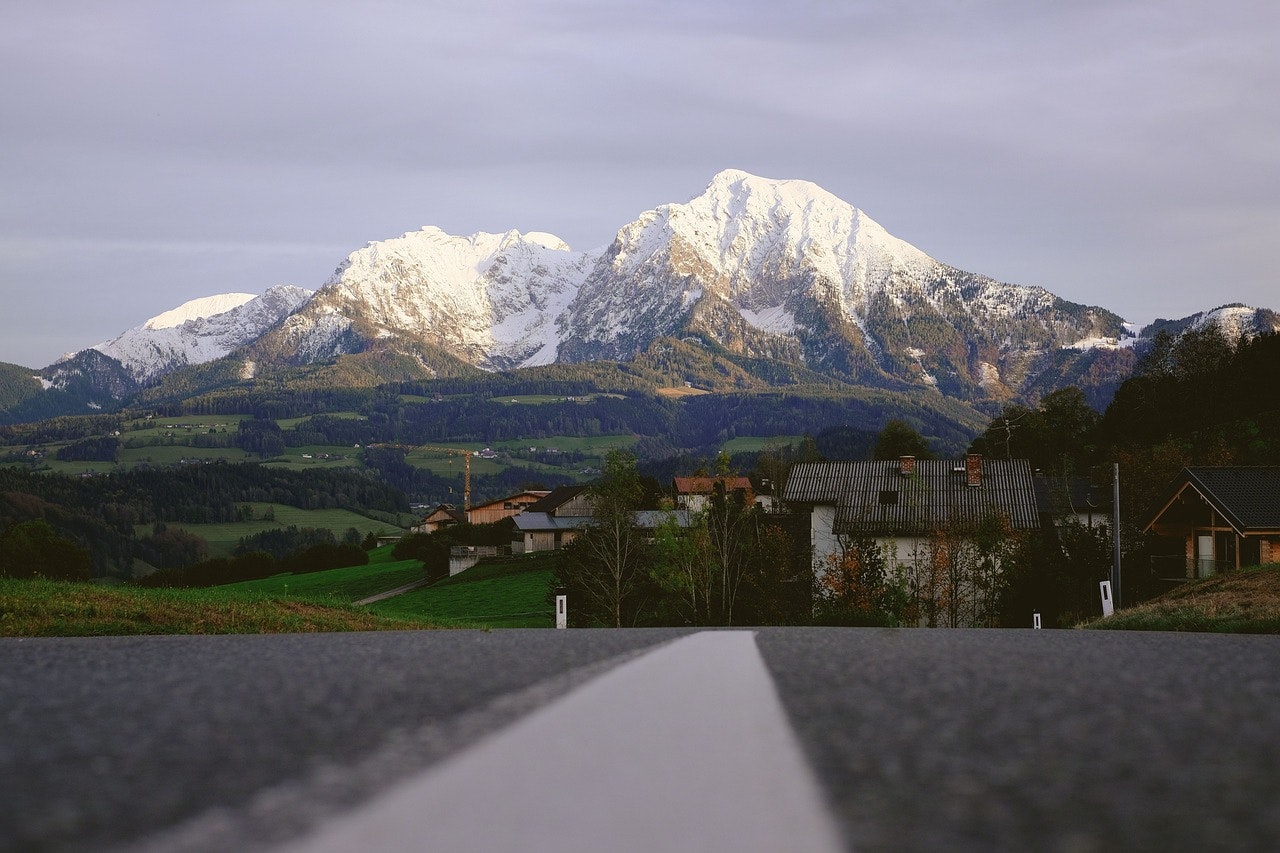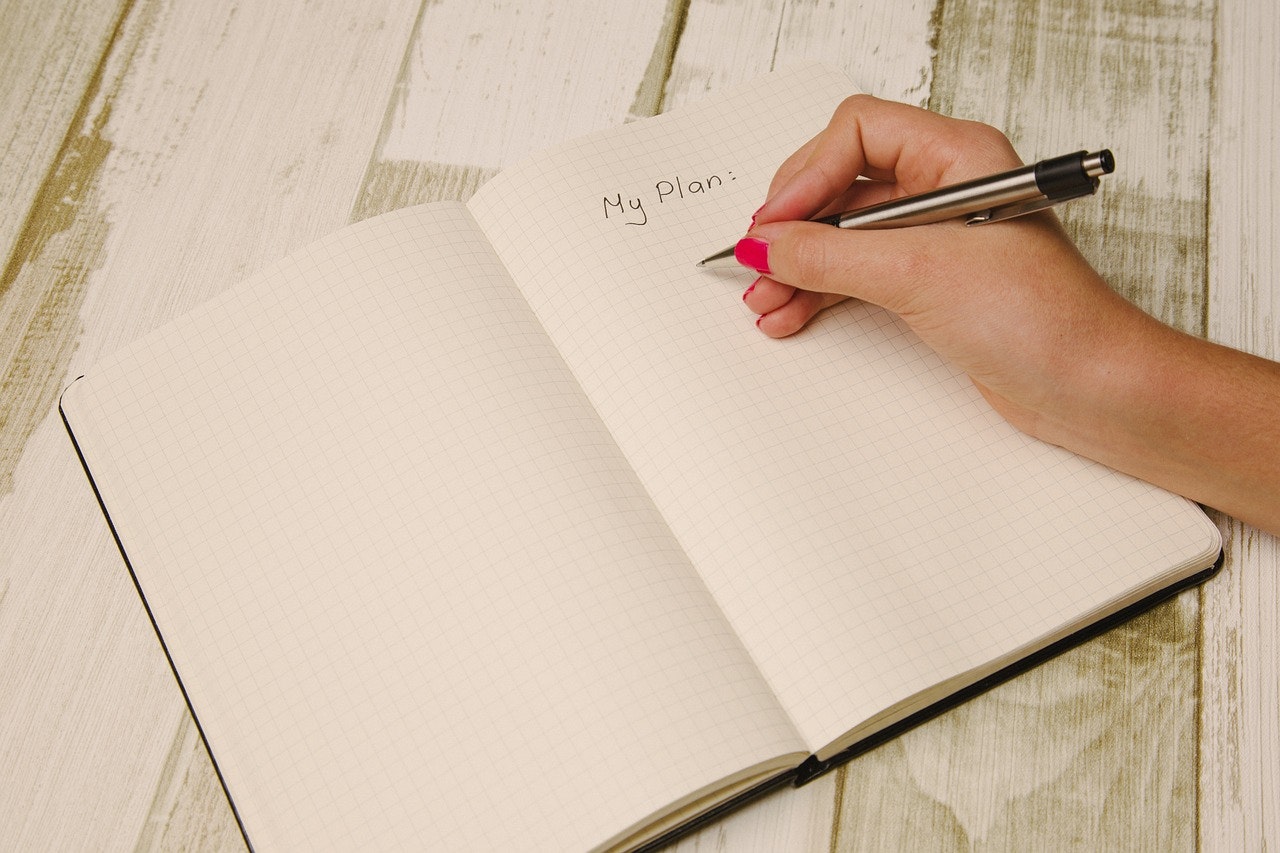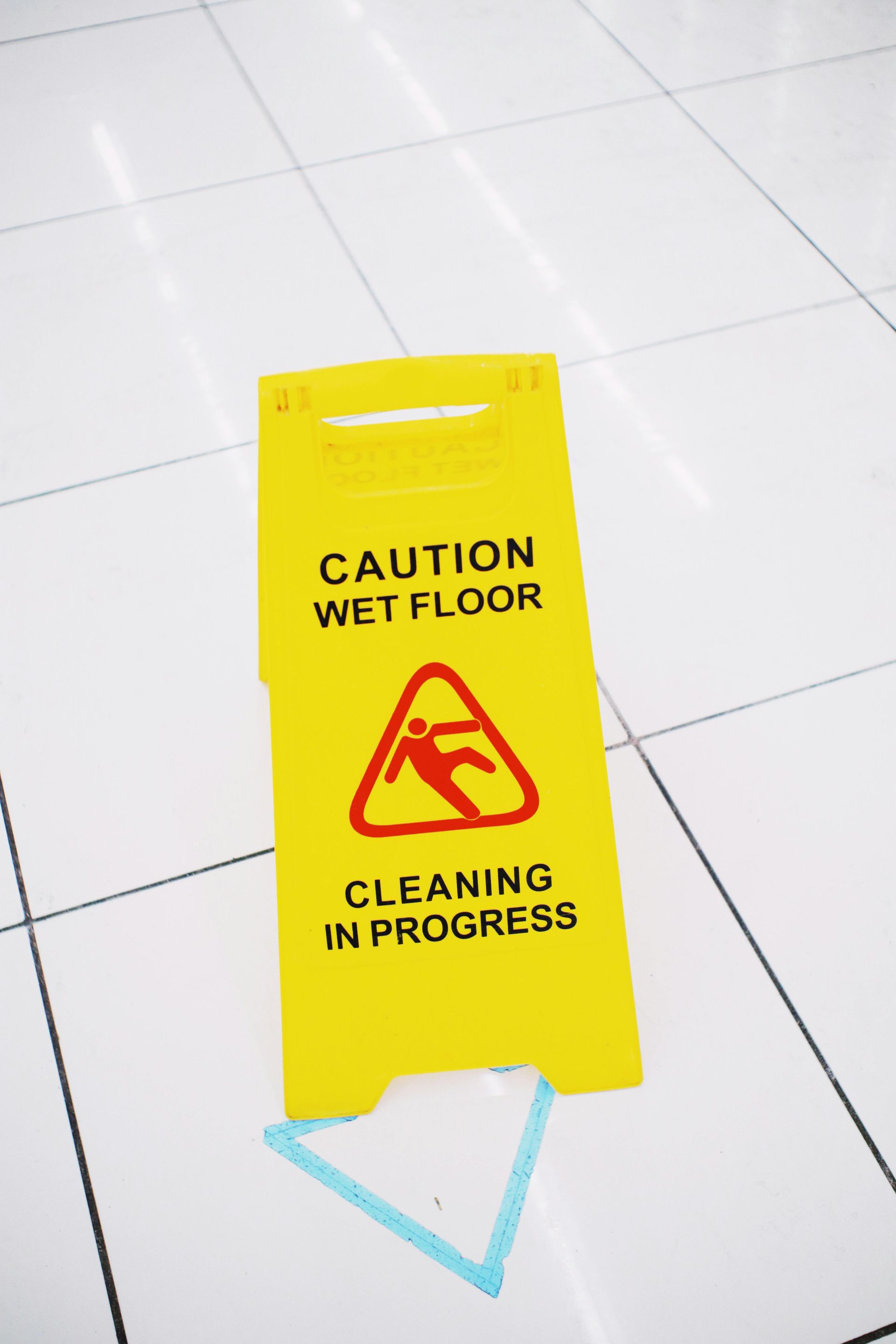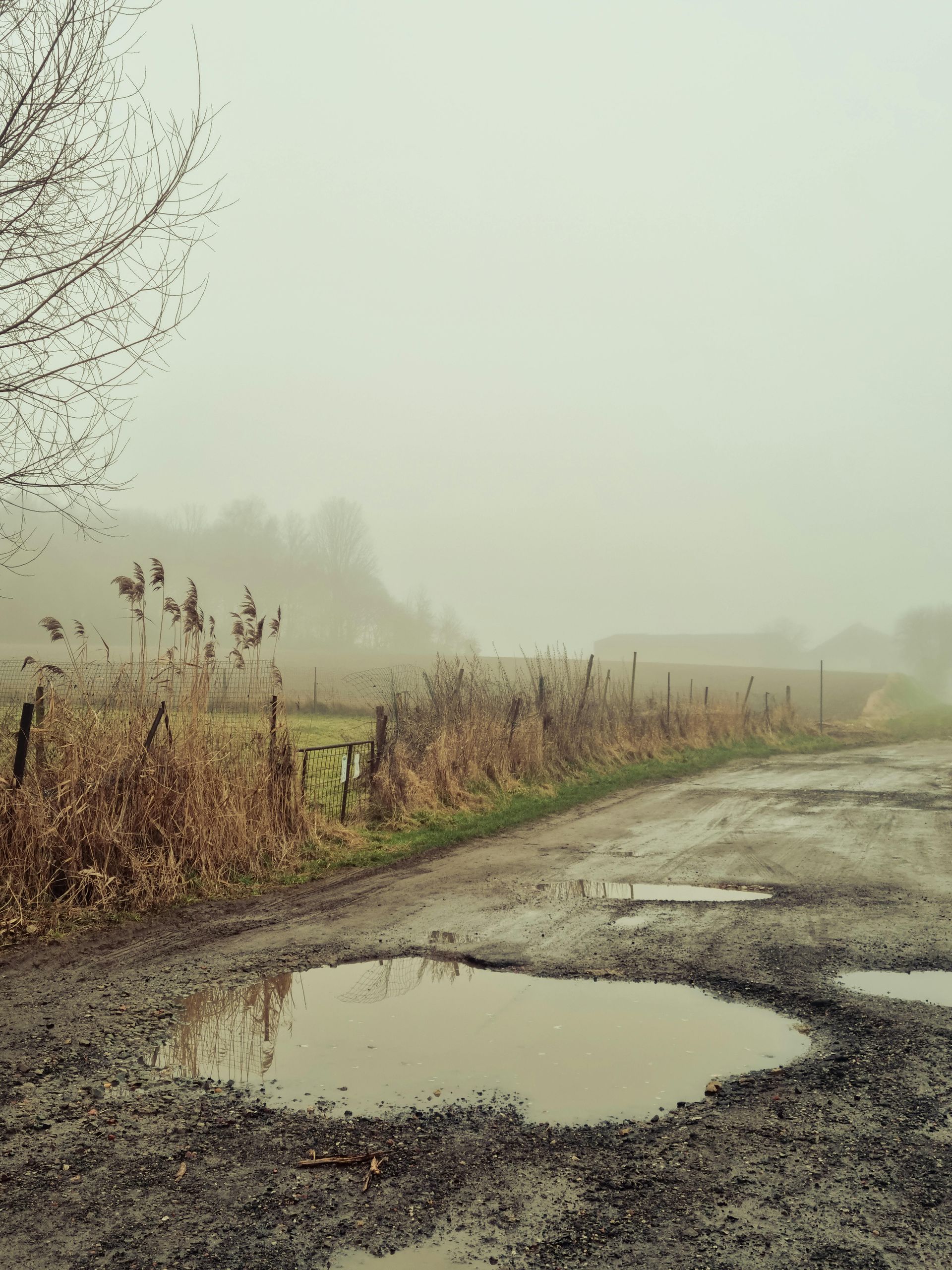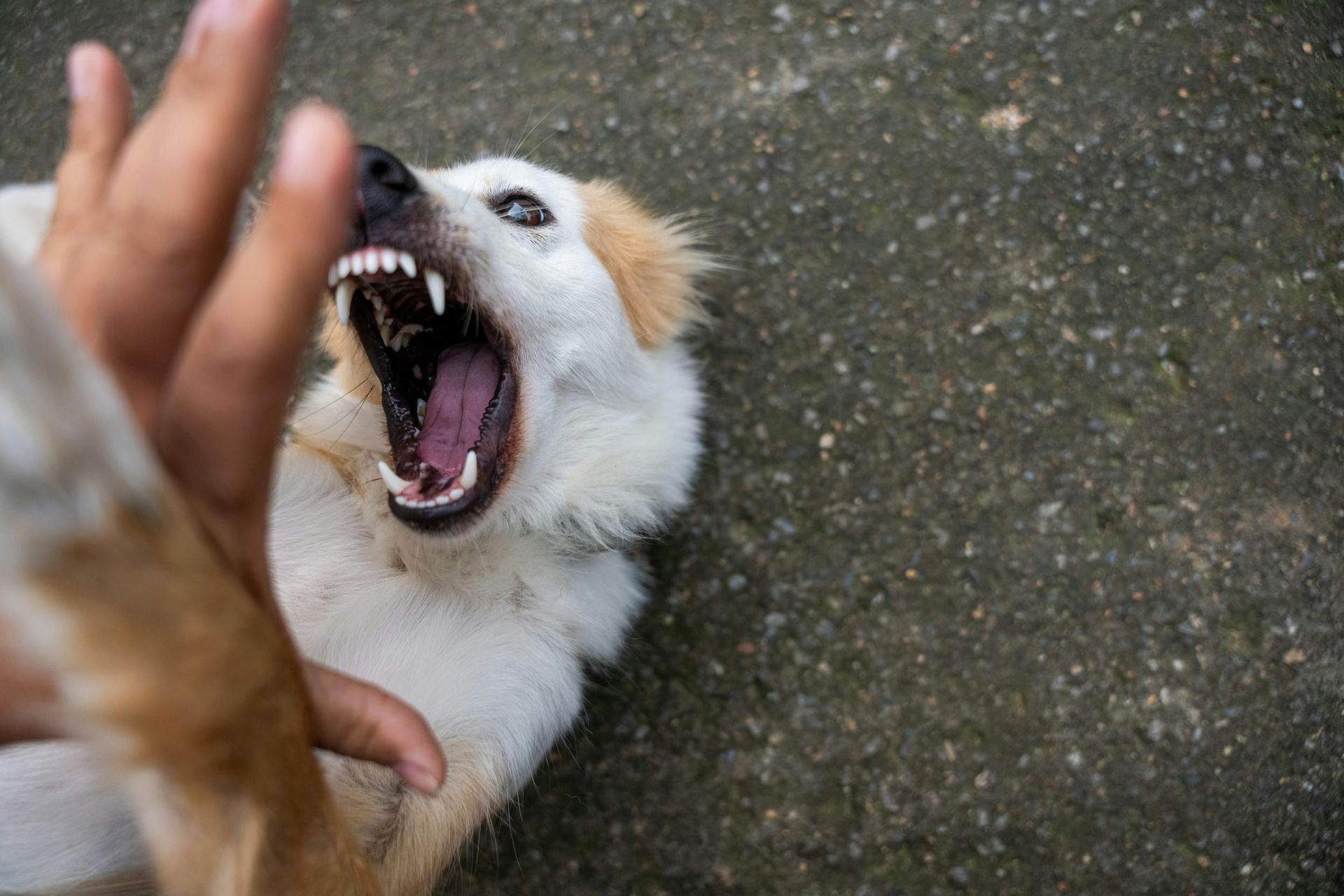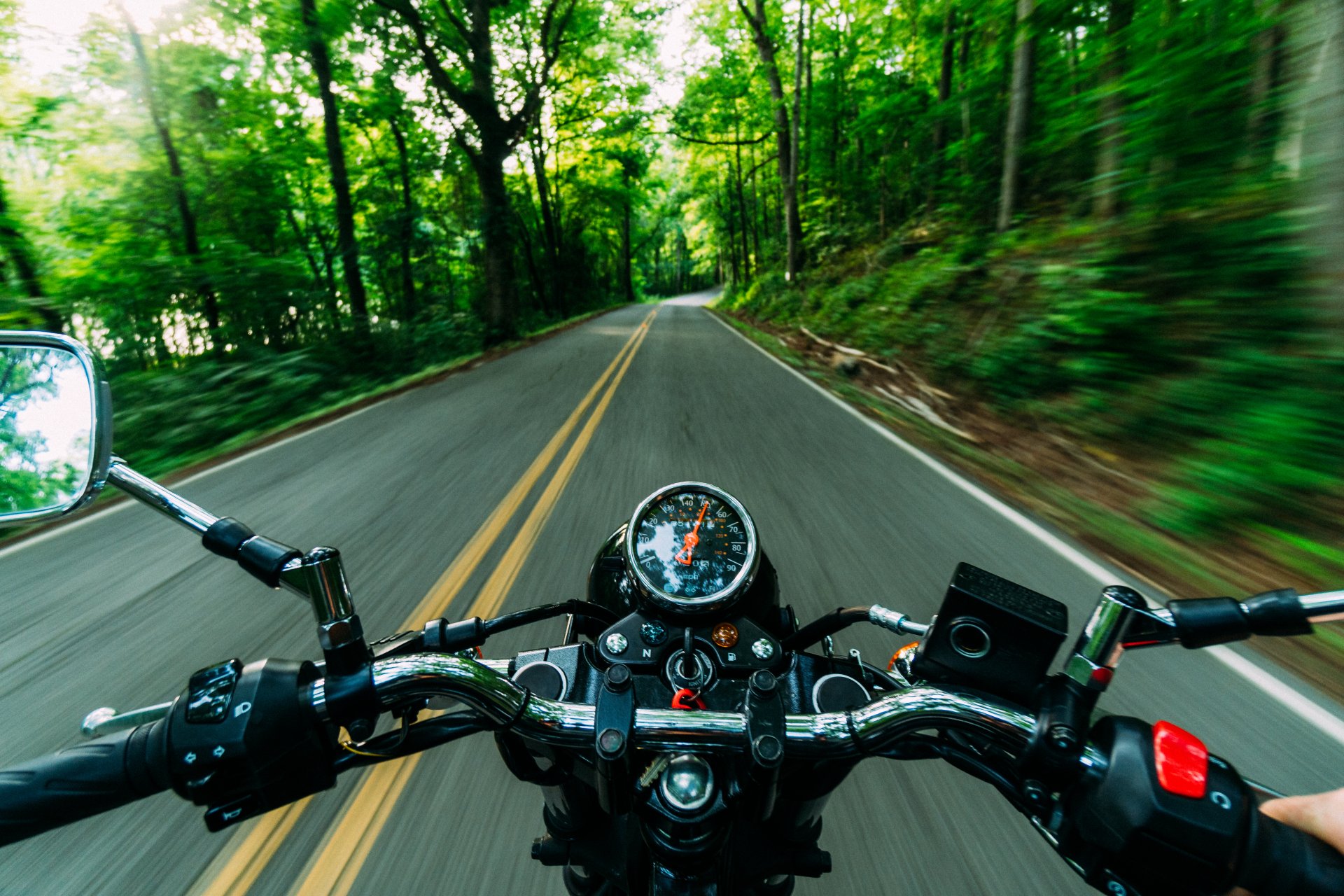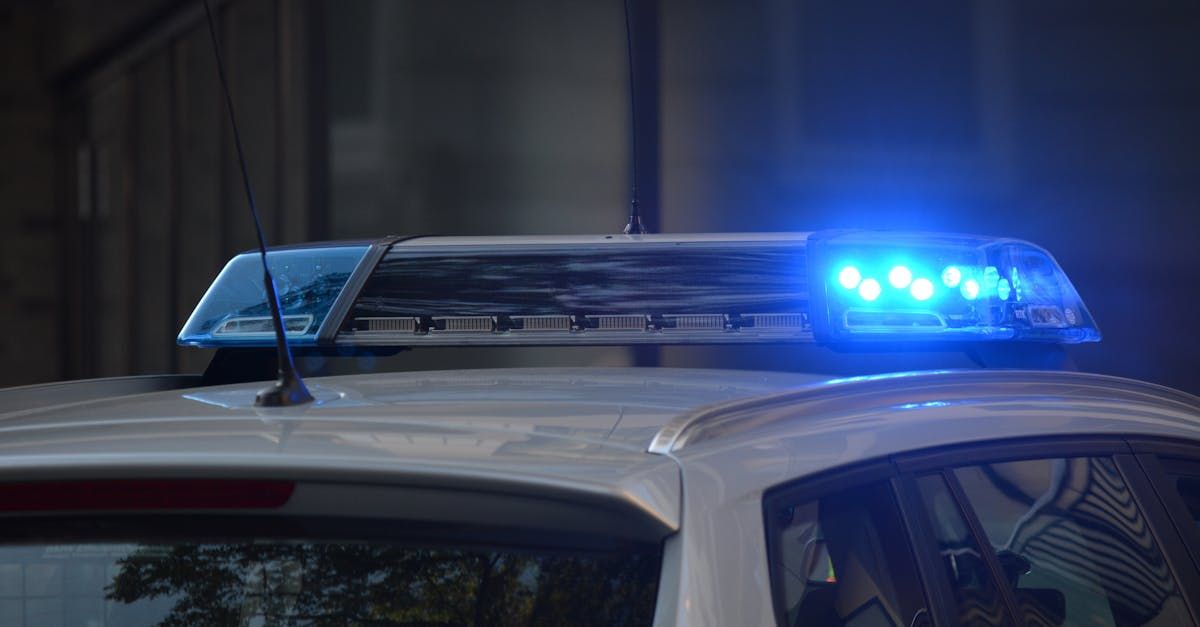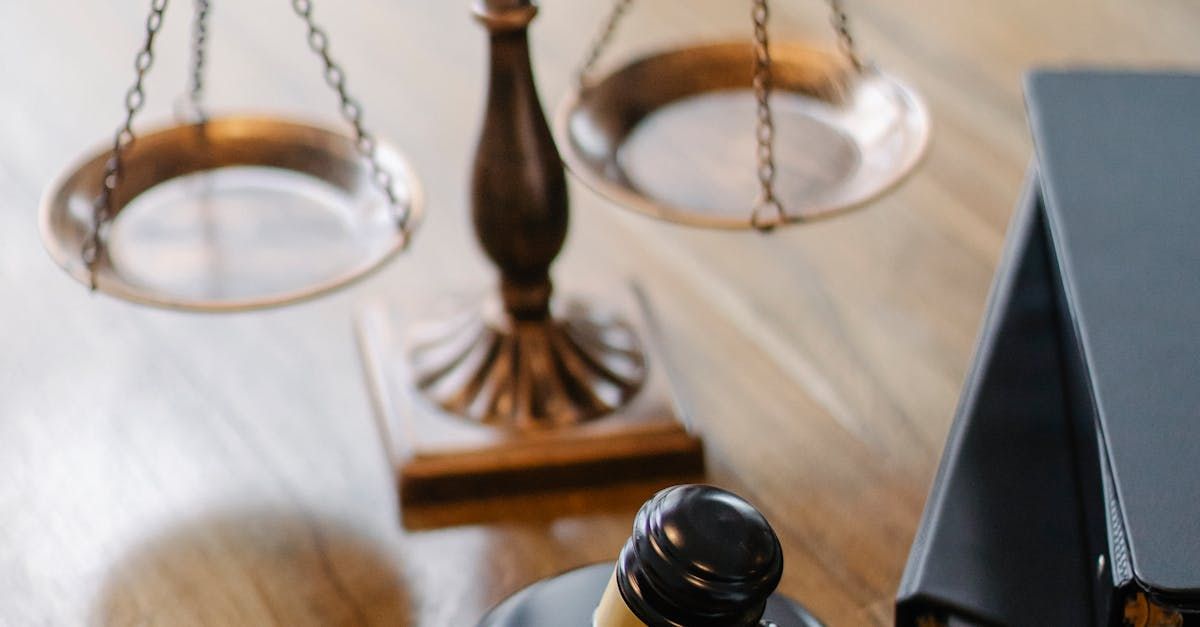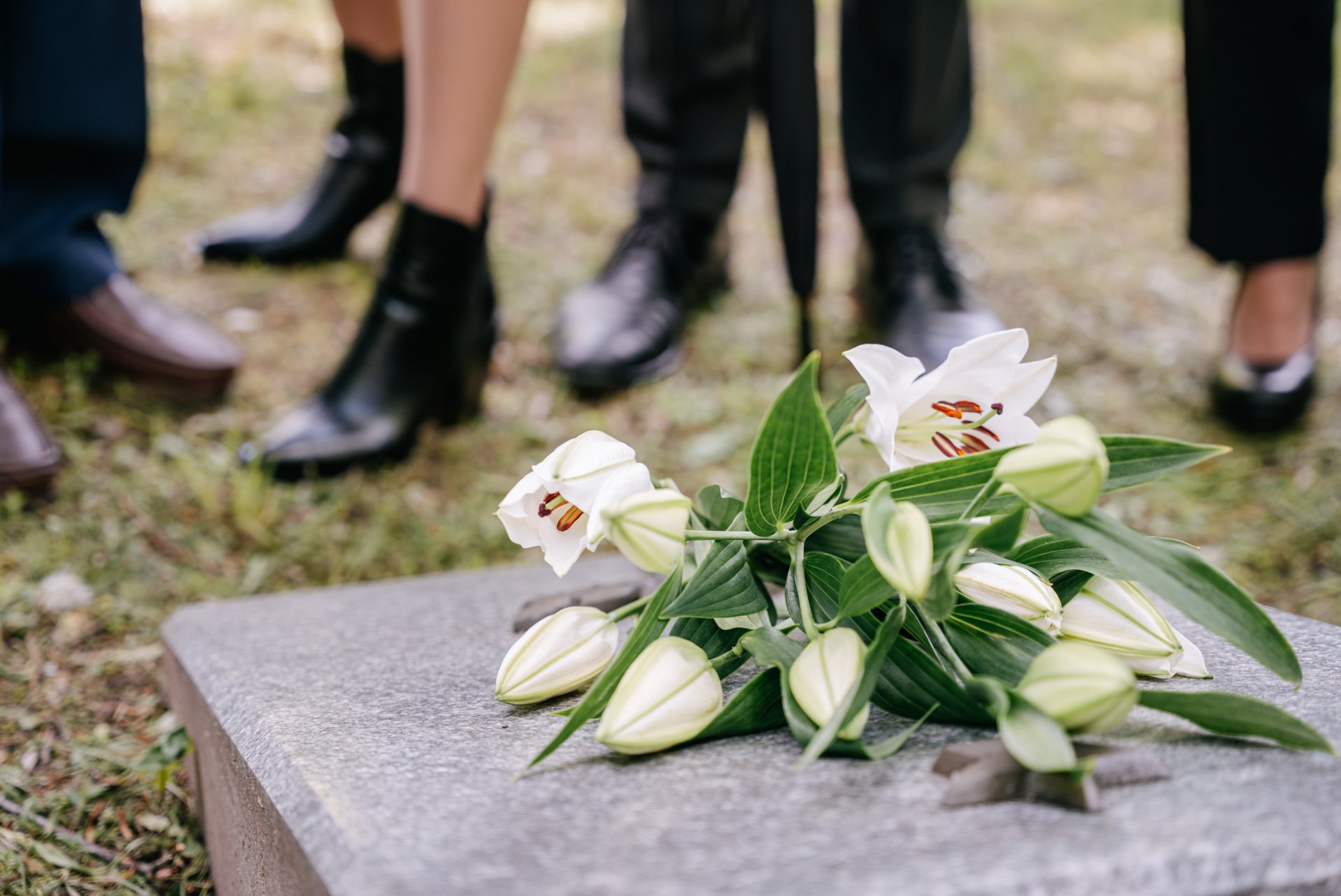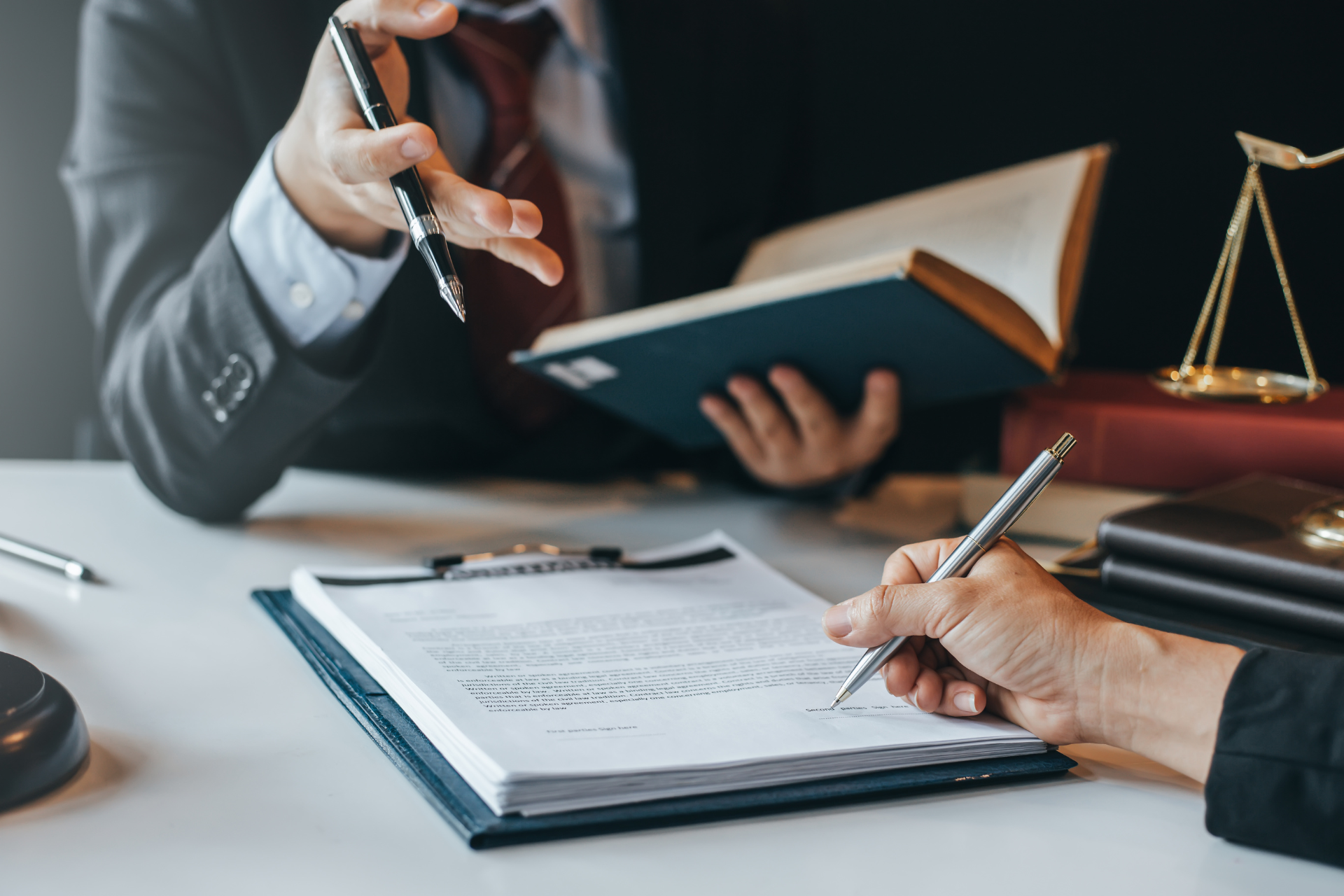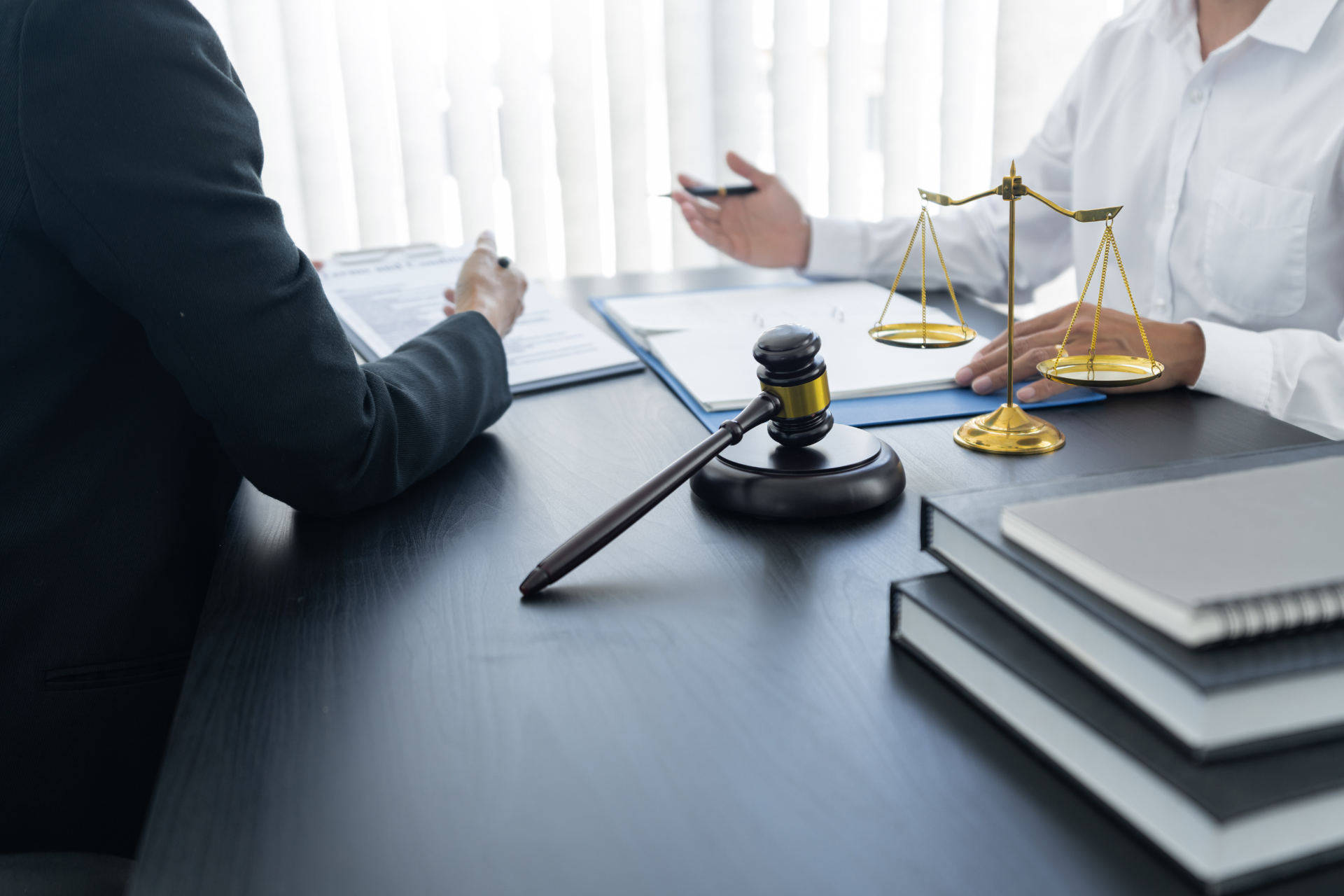our expertise
Utah Personal Injury Lawyer
At JDB Law, our experienced Utah personal injury lawyers are dedicated to helping accident victims recover the maximum compensation they deserve. As a trusted personal injury law firm in Utah, we handle cases involving car accidents, truck accidents, motorcycle crashes, slip and fall injuries, and wrongful death claims. Our attorneys understand Utah’s personal injury laws, insurance regulations, and court procedures, giving you a strategic advantage from the moment we take your case. Whether you’re searching for the best personal injury lawyer in Utah or need a local Utah accident attorney you can trust, JDB Law provides aggressive representation and compassionate guidance every step of the way. We offer free consultations, fight tirelessly for our clients’ rights, and have a proven track record of securing life-changing settlements.
Compassionate, client- centric approach.
Results-driven with a proven track record.
Transparent and straightforward fees.
Why Choose Us?
Committed to your prosperity.
At JDB Law, our mission extends beyond legal representation. We strive to build enduring relationships with our clients throughout Utah, Idaho, and Wyoming, helping them achieve long-term prosperity and security. We prioritize transparent, clear communication and consistently deliver personalized attention to address your specific legal needs.
welcome to jdb law
We handle every case with confidence and care.
At JDB Law, our accomplished attorneys offer compassionate and confident legal representation to individuals and businesses throughout Utah, Idaho, and Wyoming. Whether you require diligent support in personal injury cases, strategic business planning, or careful estate management, our experienced team is dedicated to delivering personalized, effective solutions that put your needs first.
Whether you’re seeking maximum compensation for your injuries or navigating the complexities of estate planning and probate, our experienced team, led by Jared D. Bingham, provides the personalized support and effective solutions you need to safeguard your well-being and legacy
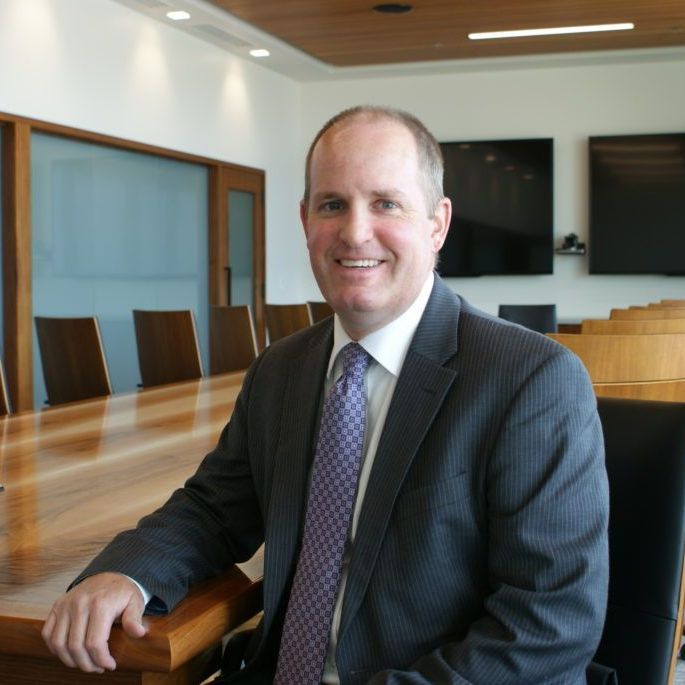
Testimonials
See what our clients say.
news & insights
Stay informed with us.
Quick Answers
Get answers to common legal question.
From personal injury cases to estate planning, business law, and beyond, you'll find helpful insights that clarify your doubts and prepare you for your consultation with our team.
Who we are.
Our attorney and staff are experienced and well-educated in all aspects of auto accidents and personal injury matters. We have come together with the common goal of representing those who are unable to represent themselves.
How we can help.
Navigating the legal barbed wire, especially with an injury, in the wake of a car accident can be confusing and stressful. We take on the task of giving you the fighting chance you deserve
Whey we do it.
We’ve heard too many stories of people who have been dealt less than ideal hands in their cases. We seek to give you every legal advantage that we can so that you can have the representation you deserve.

